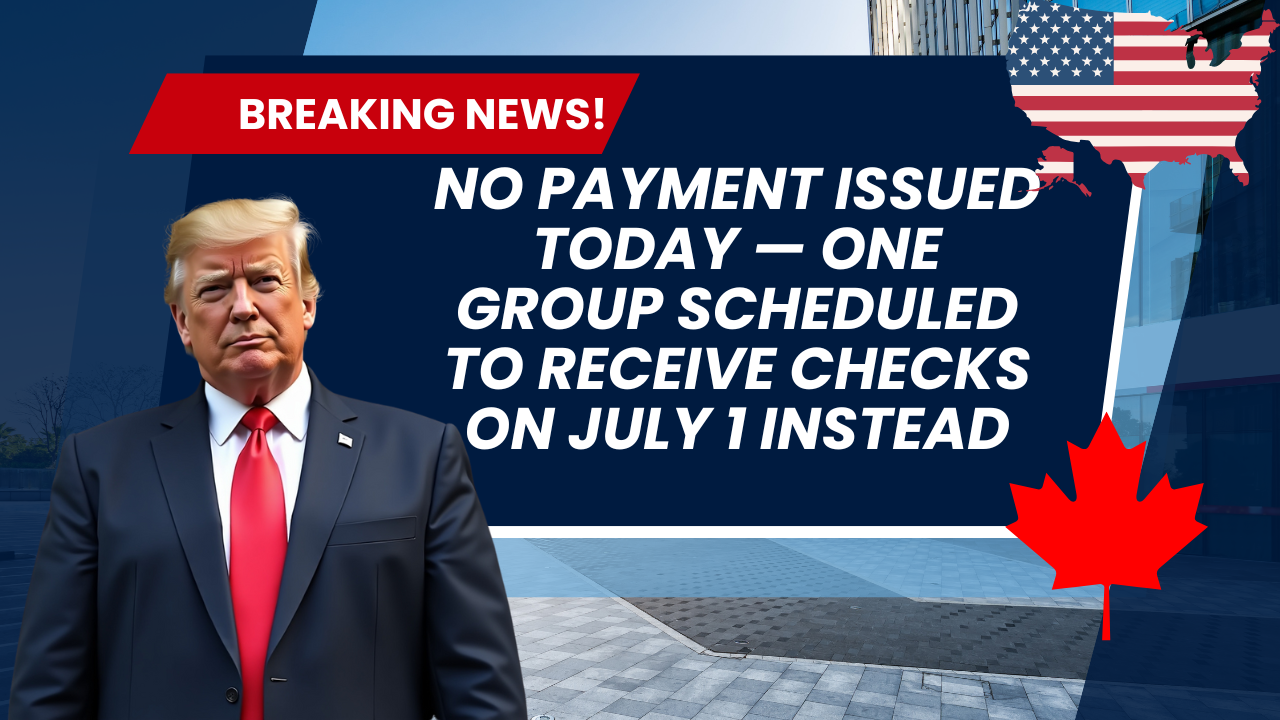The Social Security Administration (SSA) plays a crucial role in supporting millions of Americans through its various benefit programs, including retirement payments, Disability payments, and Supplementary Security Income (SSI). While the majority of these payments are made to retirees, the SSA also ensures that individuals with disabilities, who are unable to work, and those with limited income or resources, receive financial support. The SSA follows a strict payment schedule, and for some beneficiaries, their next payment will be issued on July 1.
How the SSA Organizes Payments
Millions of Americans rely on Social Security payments, with many depending on these funds as their primary source of income. To help recipients manage their finances and plan for their monthly expenses, the SSA adheres to a rigid payment schedule. The payment distribution follows this structure:
- Second Wednesday of the month: Birthdates between the 1st and 10th.
- Third Wednesday of the month: Birthdates between the 11th and 20th.
- Last Wednesday of the month: Birthdates between the 21st and 31st.
However, special rules apply for those who receive both SSI and retirement benefits. These individuals will always receive their payment on the 3rd of the month, regardless of their birthdate. Similarly, SSI-only recipients will get their payments on the 1st of each month. Additionally, if you claimed your retirement benefits before May 1997, you will also be paid on the 3rd.
Payments Coming on July 1: Who Is Affected?
For July 1, the final round of Social Security payments will be issued to eligible beneficiaries. Retirement benefits for 2025 are expected to be just under $2,000 on average, with some individuals eligible to claim up to $5,108. However, to reach this maximum amount, you must meet specific requirements, including having a 35-year work history and at least 40 work credits.
SSI beneficiaries, however, will receive their payments on July 1 this month. This is because their June payment would have fallen on June 1, which was a weekend. As a result, SSI payments were issued in advance on May 30.
For SSI payments, the maximum amount for 2025 is $967 for an individual and $1,450 for a couple. However, your eligibility and benefit amount can vary based on several factors, including:
- Household income: The amount of income your household earns.
- Family size: The number of people in your household dependent on your income.
Understanding SSI and Its Differences
SSI differs significantly from retirement benefits offered by the SSA. Unlike retirement benefits, which are provided regardless of other income, SSI is meant to assist those with limited financial resources. It is not intended to be a permanent source of income but a temporary solution for individuals unable to work.
To be eligible for SSI, your income must be below $2,019 per month. This limit increases if you are married, have children, or support other dependents in your household. Moreover, SSI is generally aimed at individuals aged 65 or older or those with a qualifying disability. It is also available on top of any Disability benefits an individual might already be receiving.
Conclusion
The SSA has a well-structured payment schedule to ensure that beneficiaries receive their Social Security payments promptly. For SSI recipients, the July 1 payment will be the next in line following some adjustments due to weekend payment dates. It’s essential to understand the differences between SSI and retirement benefits to fully comprehend your eligibility and the amounts you can expect.
FAQs
1. When will my Social Security payment arrive?
Payments typically follow a set schedule based on your birthdate. Payments are usually made on the second, third, or last Wednesday of the month.
2. How much is the maximum SSI payment for 2025?
For 2025, the maximum SSI payment is $967 for an individual and $1,450 for a couple.
3. Do I qualify for SSI if I earn over $2,019 per month?
No, to qualify for SSI, your income must be below $2,019 per month. This limit may increase depending on your household situation.
4. What happens if my SSI payment falls on a weekend?
If the payment date falls on a weekend, the payment is issued in advance. For example, June SSI payments were made early on May 30 this year.
5. Can I receive SSI and retirement benefits at the same time?
Yes, it is possible to receive both SSI and retirement benefits, but each payment has its own rules regarding payment dates.

